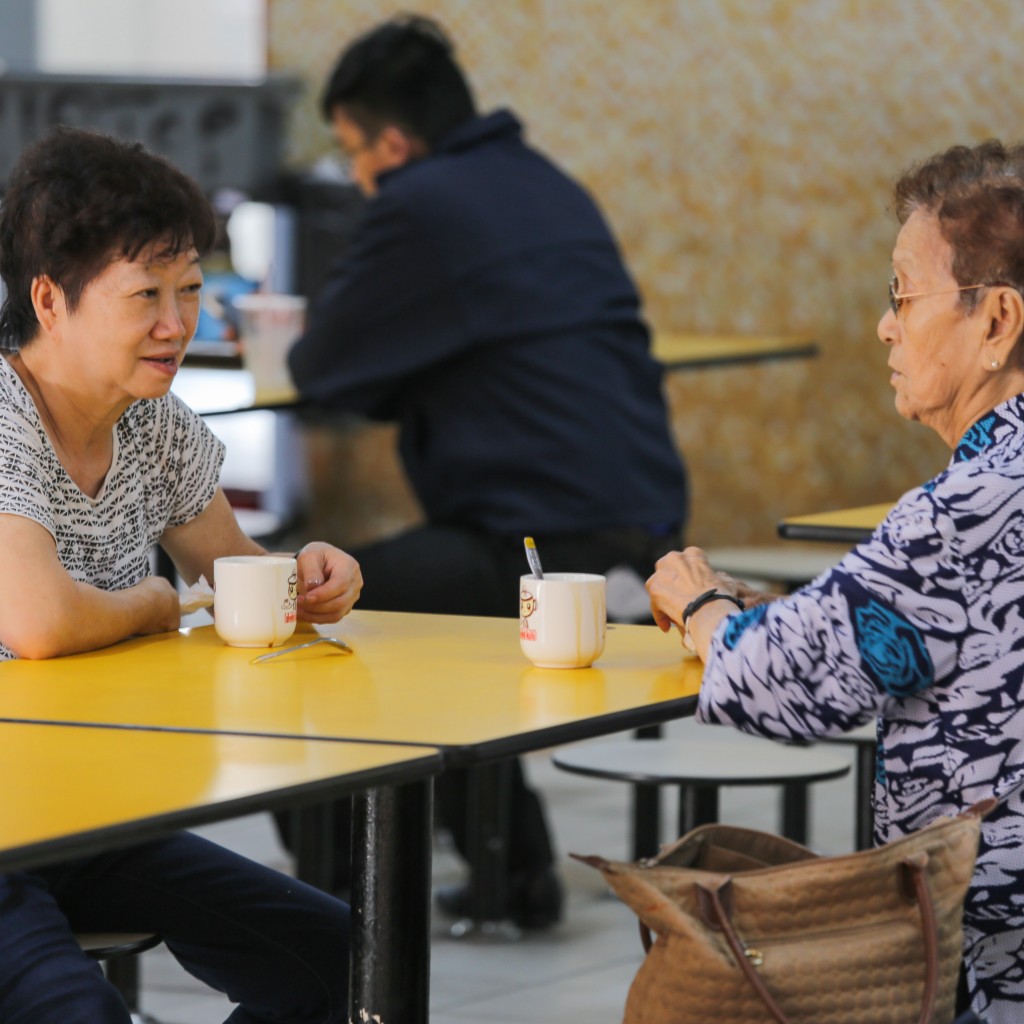Coffee-shops in Colonial Singapore: Domains of Contentious Publics
June 5, 2018

Bottoms up and chug down your kopi!
Inaugurated on 9 June 2016, the Singapore Coffee Festival celebrates Singapore’s unique and rich coffee heritage. Singapore’s coffee culture can be traced back to the colonial era, when coffee-shops (kopi tiam in Hokkien) were an indispensable part of the lives of most working adults. Providing an important space for people to rest and congregate, coffee-shops gave people the opportunity to share information and update each other on the latest happenings over the daily staple of toast, eggs, and coffee.
Assoc. Prof. Khairudin Aljunied (Dept. of Malay Studies) investigated the ways which coffee-shops in colonial Singapore served as crucial spaces of ‘contentious publics’, where people could share their views and ideas to directly or indirectly challenge the structures of colonialism. Coffee-shop owners served as a formidable lobby public in post-World War II Singapore. Assoc. Prof. Aljunied highlights the importance of investigating how politics and activism play out in recreational spaces like coffee-shops. His study further demonstrates the value of studying the connections between these recreational spaces and the formation of civil societies, as well as their impact on democratising the relationship between the state and the people.
The article, “Coffee-shops in Colonial Singapore: Domains of Contentious Publics” (2014) was published in the History Workshop Journal.
To read more, click here.
